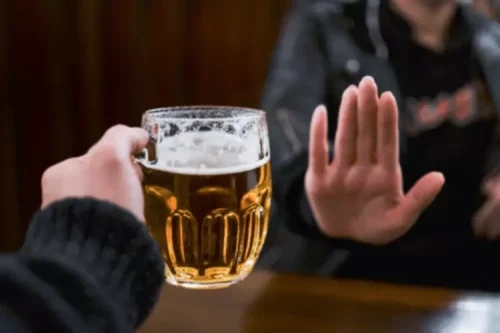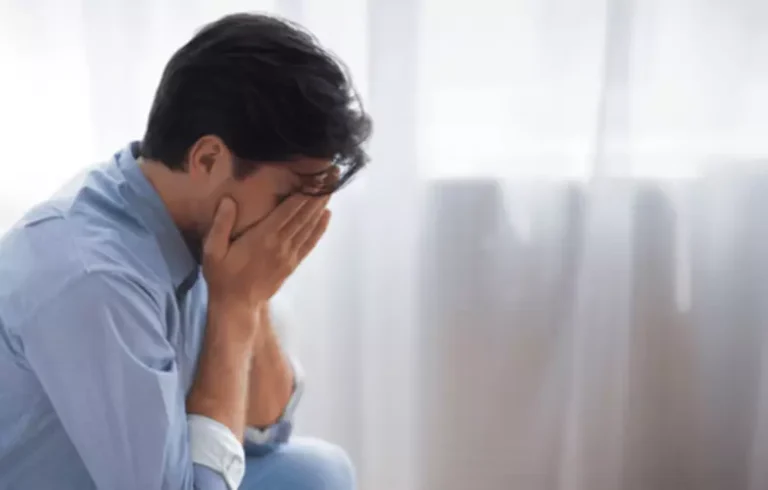
It is available by prescription only from an authorized healthcare provider. Lunesta is a CNS depressant, so using it with other CNS depressants, such as alcohol, is dangerous. Mixing Lunesta and alcohol increases the sedative effects and side effects of Lunesta. Both sleeping pills and alcohol are highly addictive substances on their own.
- A sleeping pill overdose can occur if you take more than the recommended amount of medication or combine sleeping pills with alcohol or other medications.
- Mild liver inflammation can occur in about 2% of people who take statins for a long time.
- Melatonin is a hormone the body naturally produces to regulate sleep.
- Antihistamines work by blocking histamines, which are substances in your body that cause alertness.
- Mixing the wrong substance with a sleep aid can be dangerous or even deadly in some cases.
What Happens If You Take Sleeping Pills Every Day?

Approximately 1 in 3 people age 65 and older take some type of sleep medicine. Since people assigned male and female at birth have differences in body chemistry, they may absorb and metabolize alcohol at different rates. After drinking the same amount, people assigned female at birth tend to have higher blood alcohol levels than their male counterparts. “Those alcohol and pills individuals are addicted and benzodiazepine withdrawal can be quite serious; it can be life-threatening.” In light of all that lost sleep, it’s no wonder that millions of people turn to over-the-counter and prescription sleep medicines. If you’re one of them, here’s what you need to know to use those products safely.
Health Challenges
Common ingredients in antihistamines include diphenhydramine and doxylamine. Drinking large amounts of alcohol with cholesterol-lowering drugs may increase your risk of liver damage. Niacor can cause increased flushing and itching, and Pravigard can cause increased stomach bleeding. If you’ve been taking prescription sleep drugs for an extended period, don’t stop abruptly, in order to avoid withdrawal symptoms such as anxiety, nausea, and muscle cramps. In contrast, some patients use the drugs for chronic insomnia that can last for months or even years.
Risks and Side Effects of Mixing Sleeping Pills and Alcohol
- The best way to avoid developing a physical or emotional dependence on sleeping pills is to follow your doctor’s instructions and wean off the drug when recommended.
- While they can be very beneficial to those who suffer from insomnia, they can also be addictive or cause other problems.
- After drinking the same amount, people assigned female at birth tend to have higher blood alcohol levels than their male counterparts.
- If you have severe insomnia, your doctor might prescribe a sleeping pill to be used for a short time.
- Studies show that many common sleeping pills can be deadly when mixed with alcohol, especially if too much is used of either substance.
Mixing sleeping pills and alcohol can also lead to sleepwalking and impaired memory. There are several documented cases of people sleepwalking, sleep-eating and even sleep-driving on the popular sleeping medication Ambien. You can overdose on certain types of sleeping pills—namely benzodiazepines.

Risks for Individuals with Substance Use Disorders
- When you pick your prescription up at the pharmacy, chances are the label or package insert will come with a warning if it is not safe to consume alcohol while you are taking the medication.
- Going without enough sleep can also lead to headaches and contribute to depression.
- Additionally, the interactions between sleeping pills and alcohol can complicate recovery efforts and hinder progress in overcoming substance use disorders.
- Beware that some medications, like laxatives and cough syrups, may contain some alcohol themselves, too.
But a provider may recommend a prescription sleeping pill in some cases. They can figure out what’s causing your insomnia and suggest the best plan to help you rest https://ecosoberhouse.com/ easier. A sleeping pill overdose can occur if you take more than the recommended amount of medication or combine sleeping pills with alcohol or other medications.

Not everyone experiences withdrawal symptoms — it depends, in part, on what type of drug you’ve been taking, how often, and for how long. But instead of taking matters into your own hands, ask your doctor whether you need to taper off the drug and how to do so. Sleep medications can work wonders for short-term insomnia that stems from stress, jet lag, illness, or other temporary problems. Most prescription sleep medicines reach maximum levels about 1 to 1 ½ hours after someone takes them, Sateia says. Make sure that you’ve scheduled enough time for a full night’s sleep, typically seven to eight hours for most people. If you take a sleep drug and wake up after only a few hours, you may still feel groggy.

Treatment for polysubstance (multiple drug) addiction is available on both an inpatient and outpatient basis. Getting a good night’s sleep is vital to your overall health; sometimes, a sleeping pill may be necessary to help you get that sleep. Sleeping pills are available over the counter and as prescriptions but come with side effects and special considerations for their use. Sleeping pills may come with side effects such as excessive drowsiness, problems with concentration, and sometimes allergic reactions.
